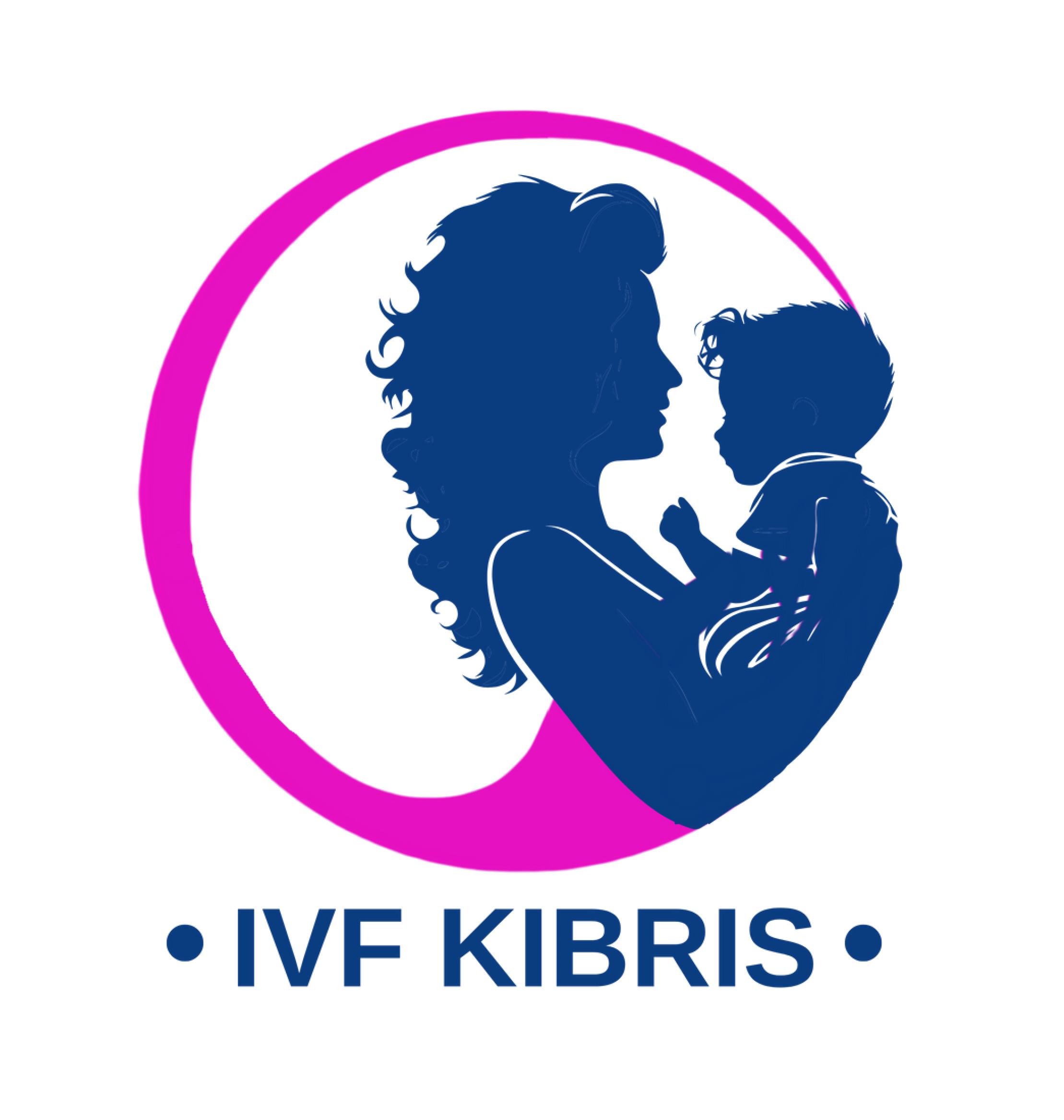Preimplantation
Genetic Testing (PGT)
Preimplantation Genetic Testing (PGT) is a method that enables the genetic screening of embryos during IVF treatment. This test examines embryos for genetic diseases or chromosomal abnormalities before transfer, increasing the chances of a healthy pregnancy. Considered a groundbreaking solution for families at risk of genetic disorders, PGT aims to provide a secure future for both parents and the baby.
What Types of Genetic Tests Can Be Performed on Embryos?
Advancements in medicine and technology have introduced various genetic screening tests for embryos, including:
✔ PGS (Preimplantation Genetic Screening): Checks the number of chromosomes to detect genetic anomalies such as Down syndrome.
✔ PGD (Preimplantation Genetic Diagnosis): Conducts targeted screening for specific genetic diseases present in the family.
✔ HLA Tissue Typing: Determines if the embryo is a suitable donor for stem cell transplantation.
Each of these tests provides a comprehensive genetic analysis, ensuring healthier pregnancies.
Is PGT Necessary for Everyone? Who Should Consider Preimplantation Genetic Testing?
PGT is not required for every patient; it is specifically recommended for cases where genetic screening is crucial. These include:
✔ Family History of Genetic Disorders: If the couple carries known genetic conditions, PGT is advised.
✔ Recurrent Miscarriages: Chromosomal abnormalities can be a cause, and PGT helps improve pregnancy success.
✔ Advanced Maternal Age: As women age, the risk of chromosomal abnormalities increases. PGT helps minimize these risks.
✔ Repeated IVF Failures: Couples experiencing unsuccessful IVF cycles may benefit from PGT, as it enhances embryo selection and improves implantation rates.
For these conditions, PGT provides a chance for a genetically risk-free pregnancy.
When Is PGT Recommended?
PGT is particularly recommended in cases where genetic risks are high, including:
✔ Prevention of genetic diseases
✔ Identification of causes behind recurrent miscarriages
✔ Selecting the healthiest embryo for implantation
This technique significantly enhances IVF success rates for couples with a family history of genetic conditions.
How and When Should PGS and PGD Be Performed?
PGT is conducted at a specific stage of embryo development. Typically, a biopsy is performed on embryos at the blastocyst stage (day 5-6 of development) in a laboratory setting. A small sample of cells is extracted and analyzed in a genetic laboratory. Results are available within a few days, allowing doctors to select the healthiest embryos for transfer. The timing and application of PGT are tailored to the individual needs of each couple.
What Techniques Are Used in PGT?
PGT utilizes various genetic testing techniques, including:
✔ FISH (Fluorescence In Situ Hybridization): Examines chromosome number and structure.
✔ NGS (Next-Generation Sequencing): Provides comprehensive genetic analysis.
✔ PCR (Polymerase Chain Reaction): Detects single-gene disorders.
The appropriate method is selected based on the couple’s specific medical needs.
Does PGT Harm the Embryo?
The answer is generally no. PGT is one of the most precise techniques in modern reproductive medicine, designed to be performed without harming the embryo. The biopsy sample is taken in a way that does not affect embryo development, and highly trained specialists perform the procedure to minimize risks. PGT is only conducted when necessary and is carefully planned at every stage.
What Diseases Can Be Detected with PGT?
PGT has a wide scope for detecting genetic disorders, including:
✔ Chromosomal abnormalities (e.g., Down syndrome)
✔ Single-gene disorders (e.g., Cystic Fibrosis, Thalassemia, Sickle Cell Anemia)
✔ Hereditary neurological disorders (e.g., Huntington’s Disease, Duchenne Muscular Dystrophy)
By identifying embryos carrying genetic diseases, PGT ensures that only healthy embryos are selected for transfer.
What Are the Advantages of PGT?
PGT provides several key benefits:
✔ Significantly reduces genetic disease risks
✔ Increases IVF success rates
✔ Offers solutions for recurrent miscarriages and failed IVF attempts
✔ Contributes to healthier future generations
PGT is a beacon of hope for couples with genetic risks, providing an essential step toward a successful and healthy pregnancy.
Our Services
Contact Us
Send Us Your Questions, Our Experts Will Answer
Fill out the form below to ask your questions, and our experts will provide answers.

